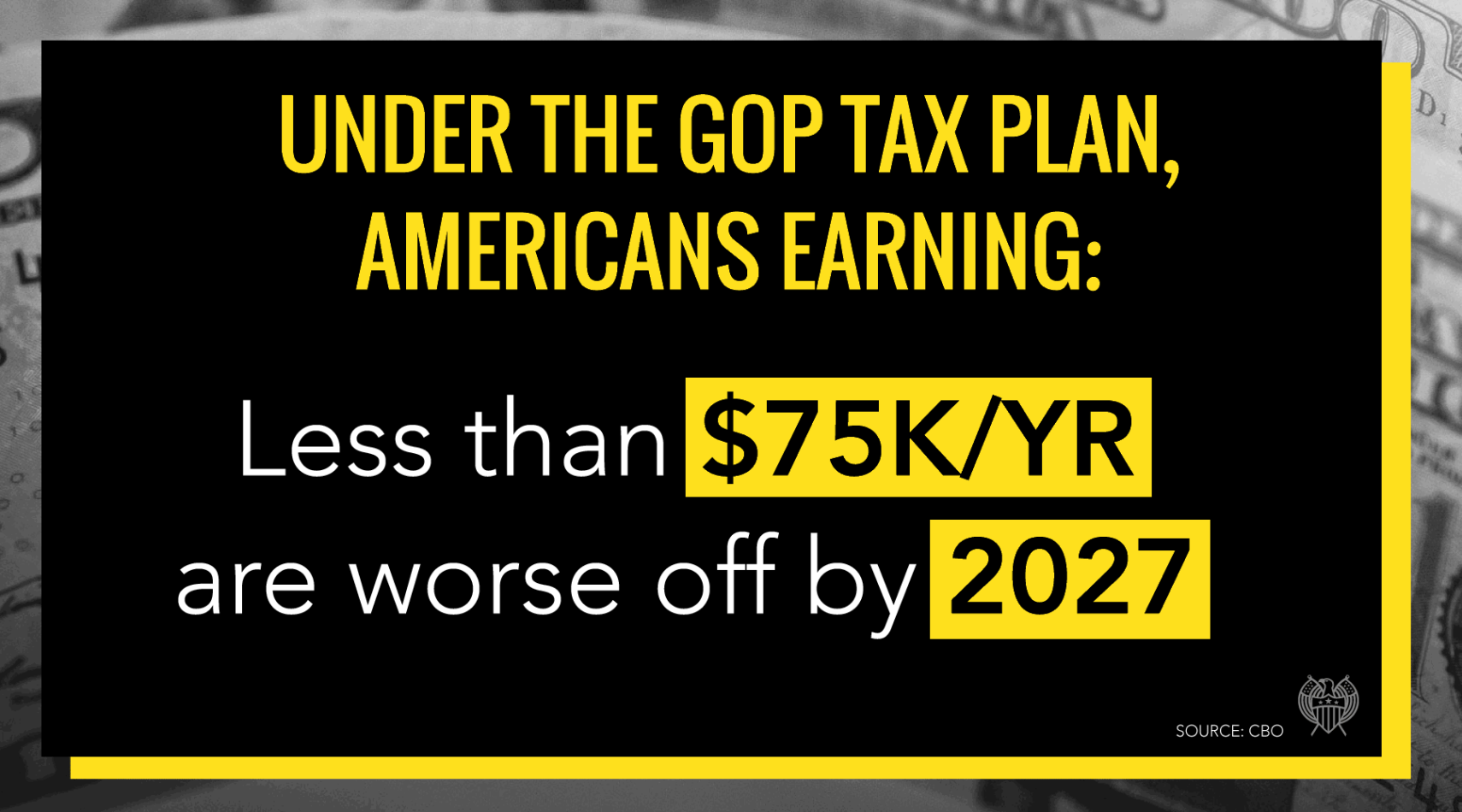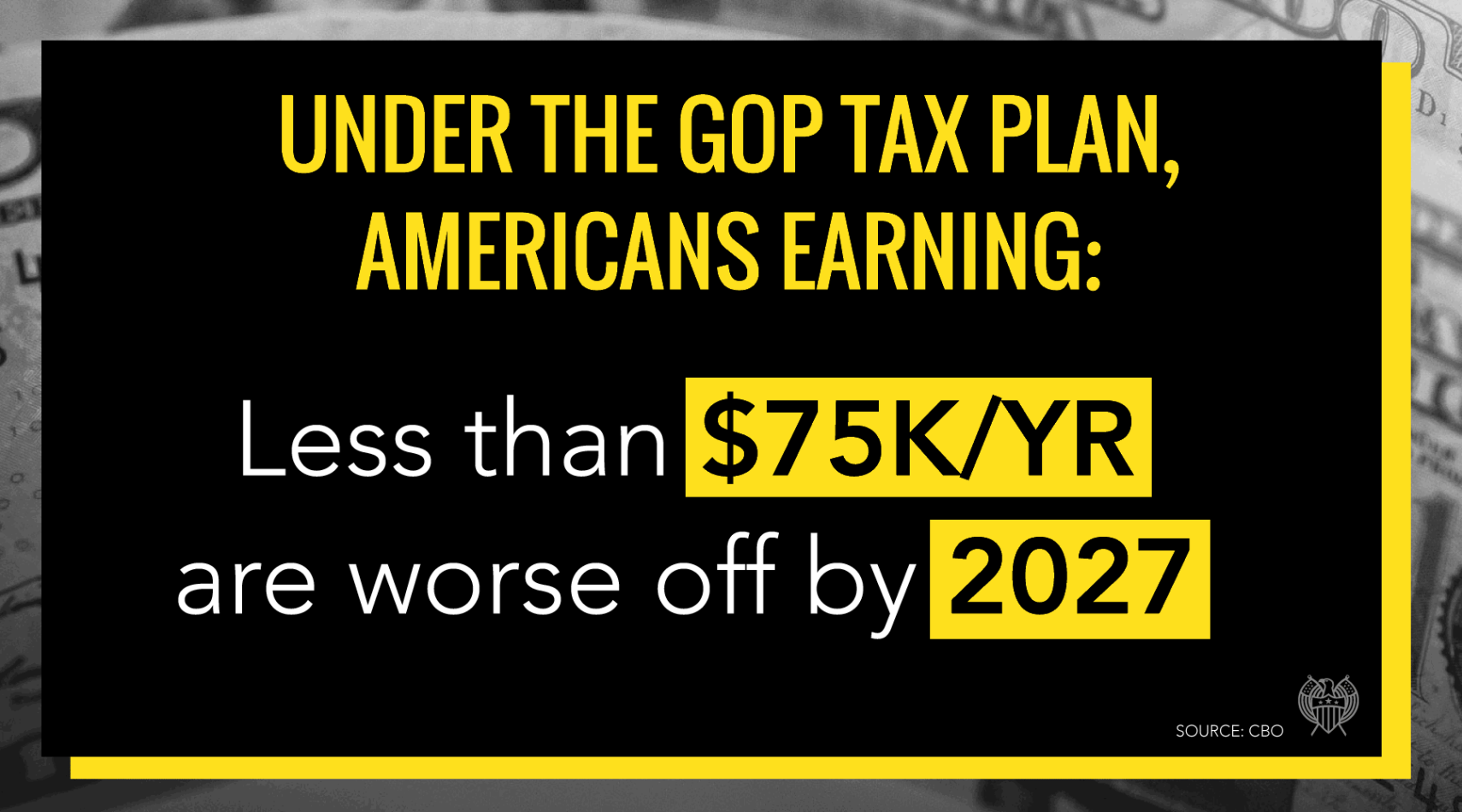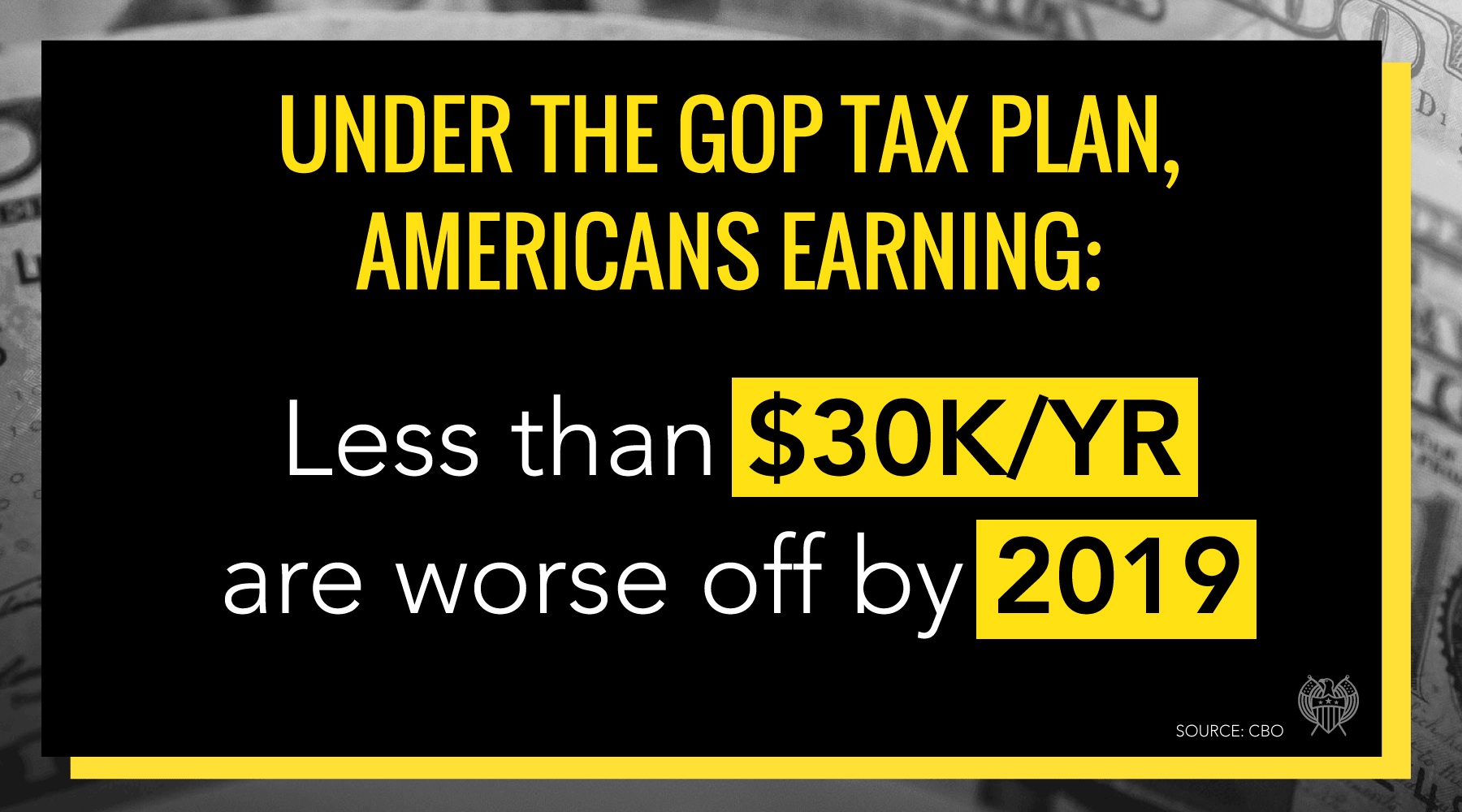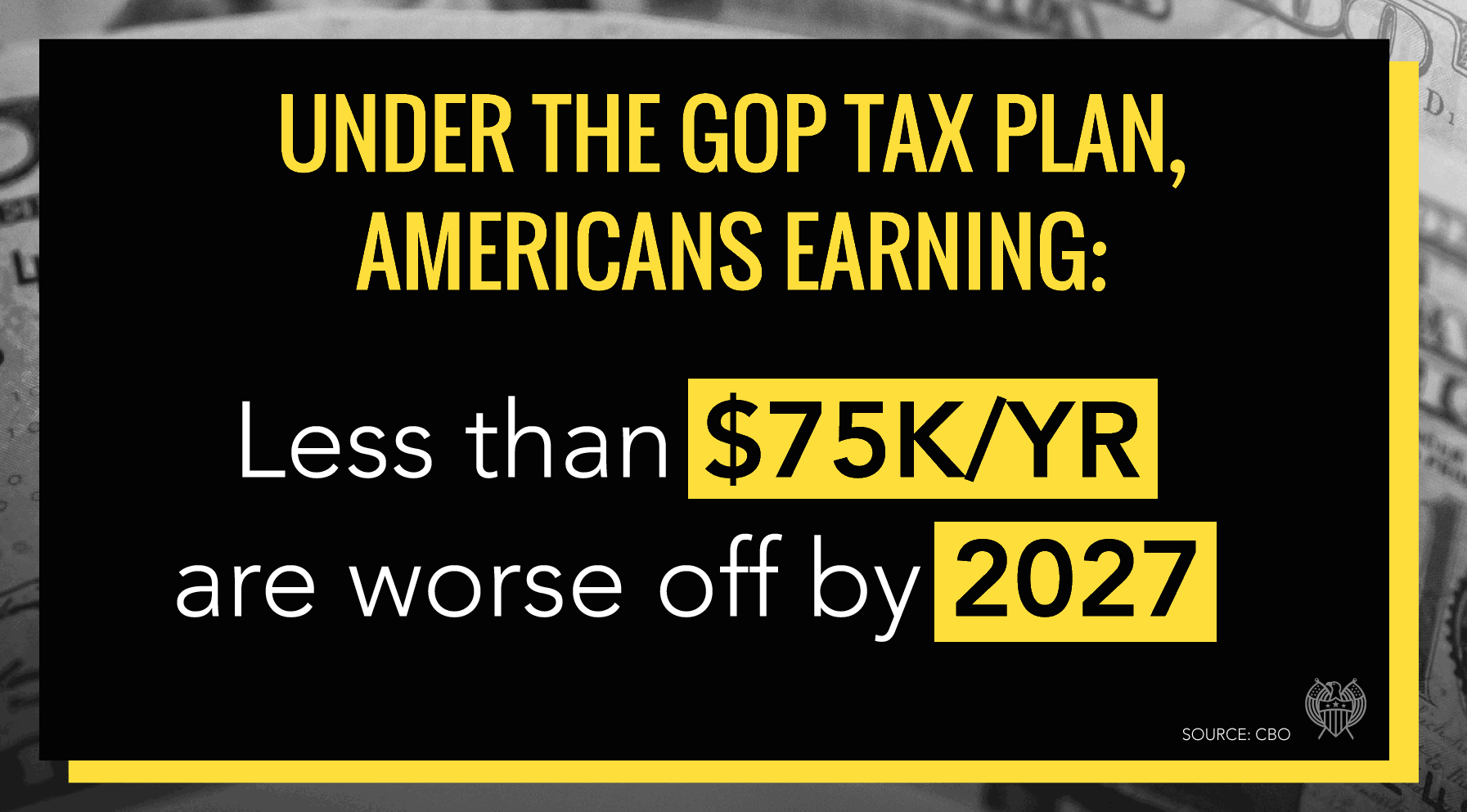- December 4, 2017
In the eleventh hour, a secret tax bill
For each of the nine years that I’ve served on the Senate Finance Committee, I’ve looked forward to working on tax reform. Many years ago, I had the privilege of working on tax reform legislation as a member of the House of Representatives. In 1986, with President Reagan in the White House, accomplishing tax reform in Congress took years of public hearings, meetings and bipartisan negotiations. That open process and fastidious work reaped bipartisan agreement and long-lasting policy.
It stands in stark contrast to what we witnessed on the Senate floor early Saturday morning. In the eleventh hour—with no public hearings, no bipartisan negotiations and not even a semblance of regular order—Republicans garnered the votes needed to pass a bill at any cost. The idea that a permanent and enduring tax reform plan has somehow come to fruition in mere hours makes a mockery of our legislative process.
President Trump promised Americans an overhaul of our tax system, but he promised us one that would create a simpler tax code, put money back into the pockets of hardworking Americans and ensure the wealthiest among us pay their fair share. Sadly, the Senate Republican tax reform bill does nothing to keep those promises.


Late last week, our Republican colleagues approved a bill that will blow a hole of nearly $1.5 trillion in our federal deficit in order to provide permanent tax cuts to corporations and millions of dollars in tax breaks to the wealthiest Americans. According to the non-partisan Congressional Budget Office (CBO), this plan will actually increase taxes on millions of Americans beginning next year. By 2019, the CBO found that Americans earning less than $30,000 a year will be worse off. By 2027, most Americans earning less than $75,000 a year will be worse off.

Within ten years, more than three-quarters of the tax cuts in this bill would go to the wealthiest five percent of Americans—nearly two-thirds of the tax breaks would go to the wealthiest one percent. To add insult to injury, it also begins repealing the Affordable Care Act, causing premiums to skyrocket and 13 million Americans to lose their health insurance over the next decade.
It doesn’t have to be this way. As I’ve reminded my Republican friends time and time again, there are many areas where Democrats and Republicans could work together to lift families up, keep our businesses competitive and simplify the tax code—from strengthening the child tax credit, to lowering the corporate rate, to doubling the standard deduction.
As the Senate heads to conference with the House of Representatives on this proposal, I urge my Republican colleagues to abandon partisanship and work with Democrats to transform this bill into one that is truly fair, fosters broad-based economic growth, simplifies the tax code and doesn’t blow a hole in the deficit.